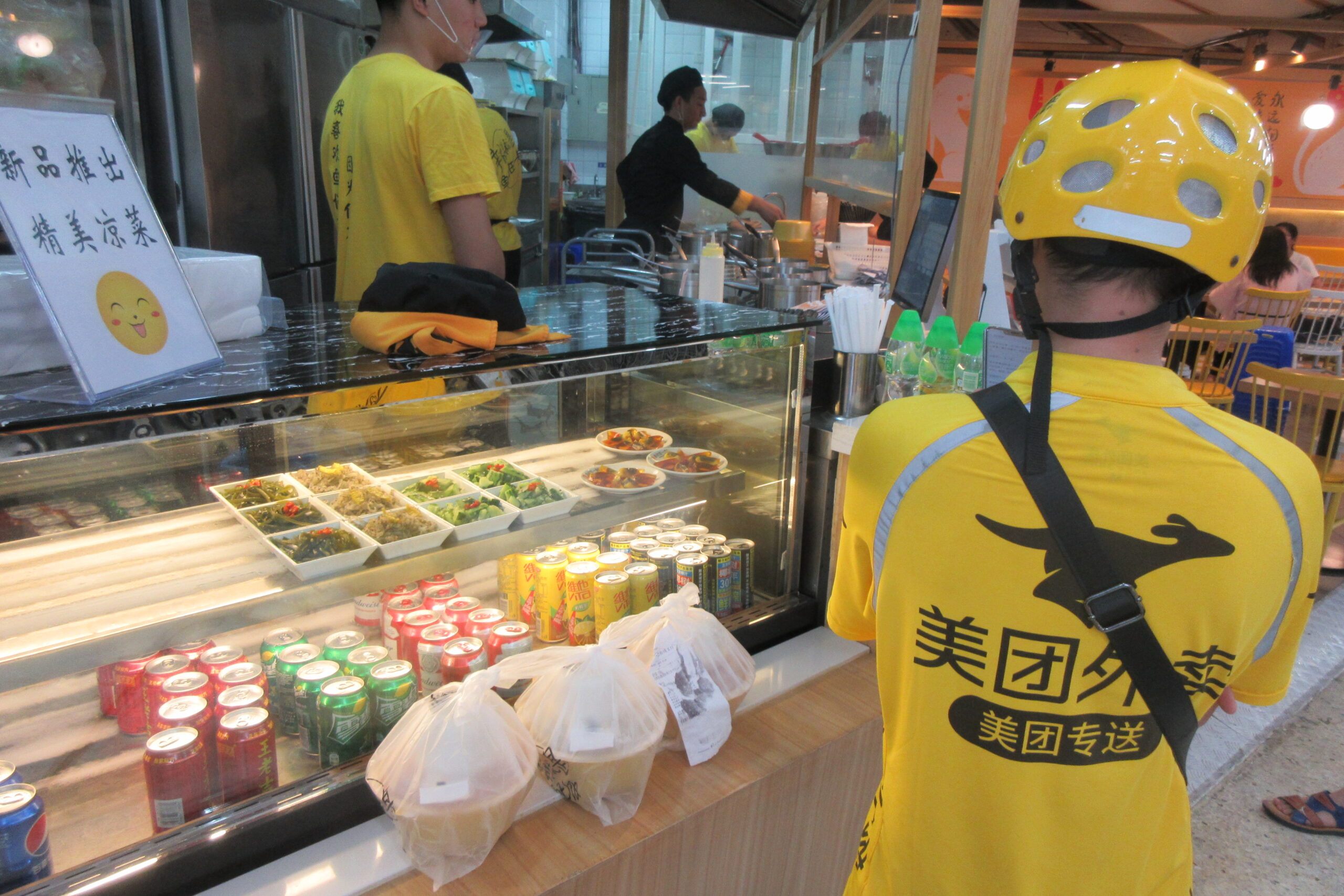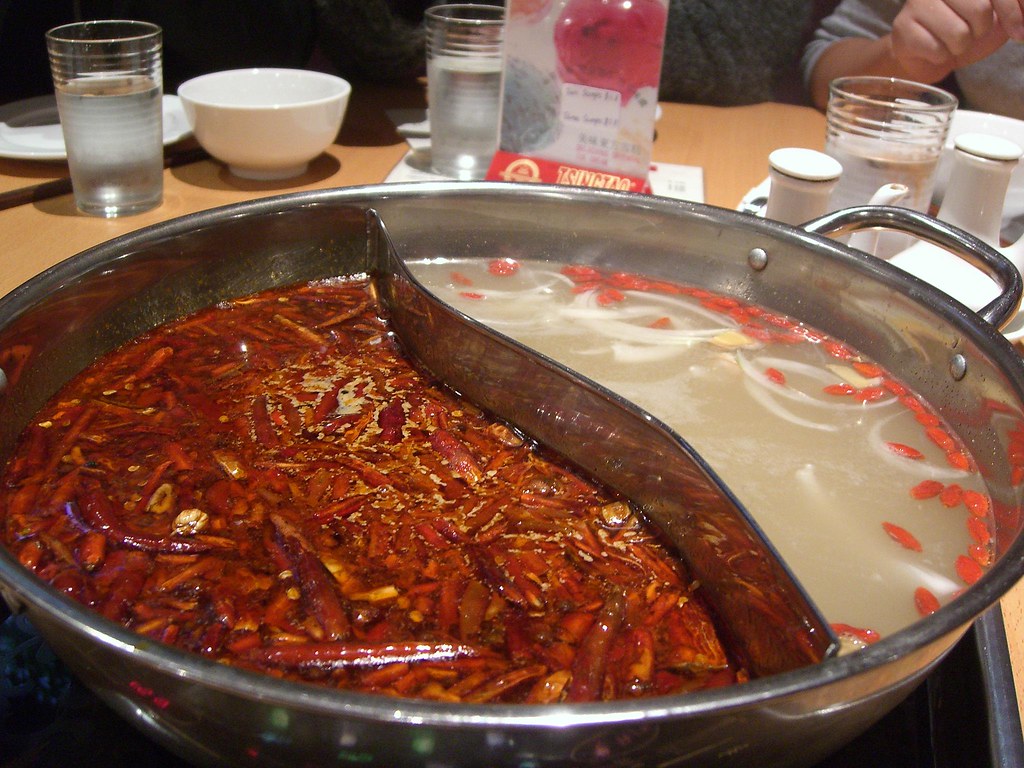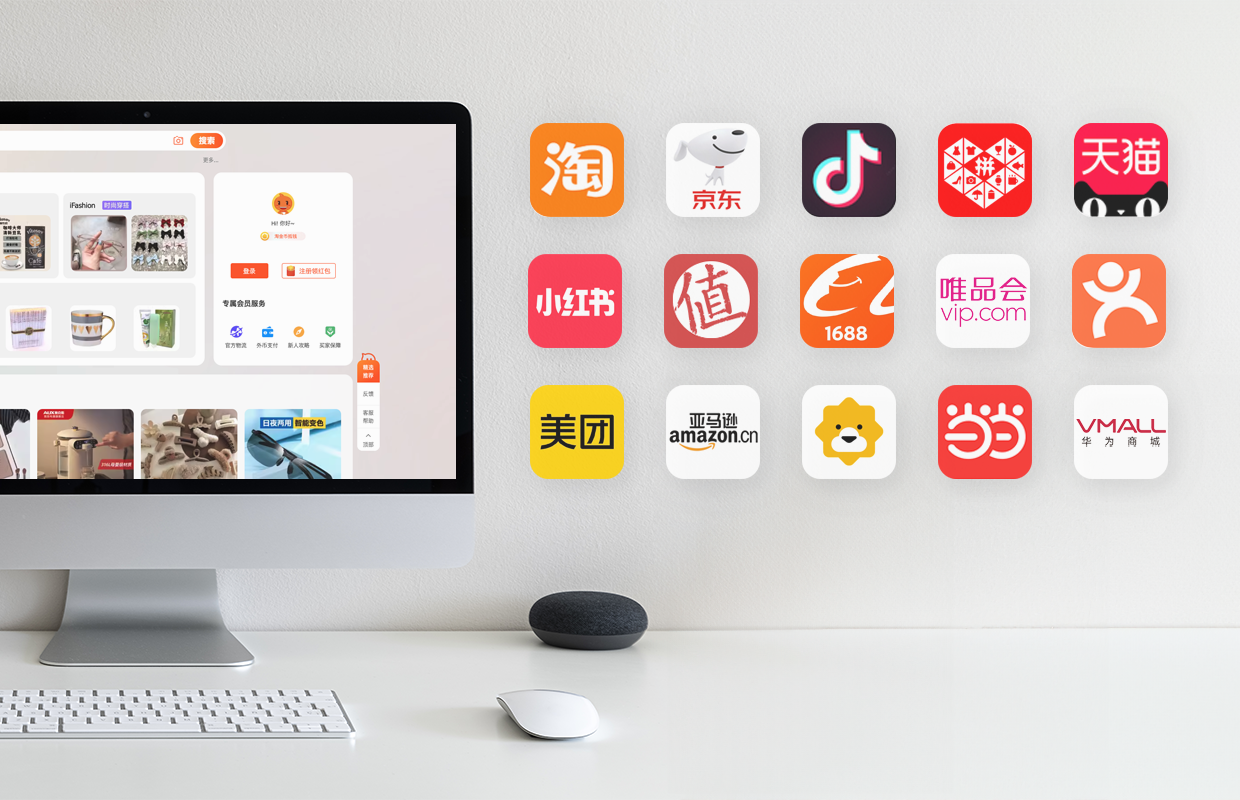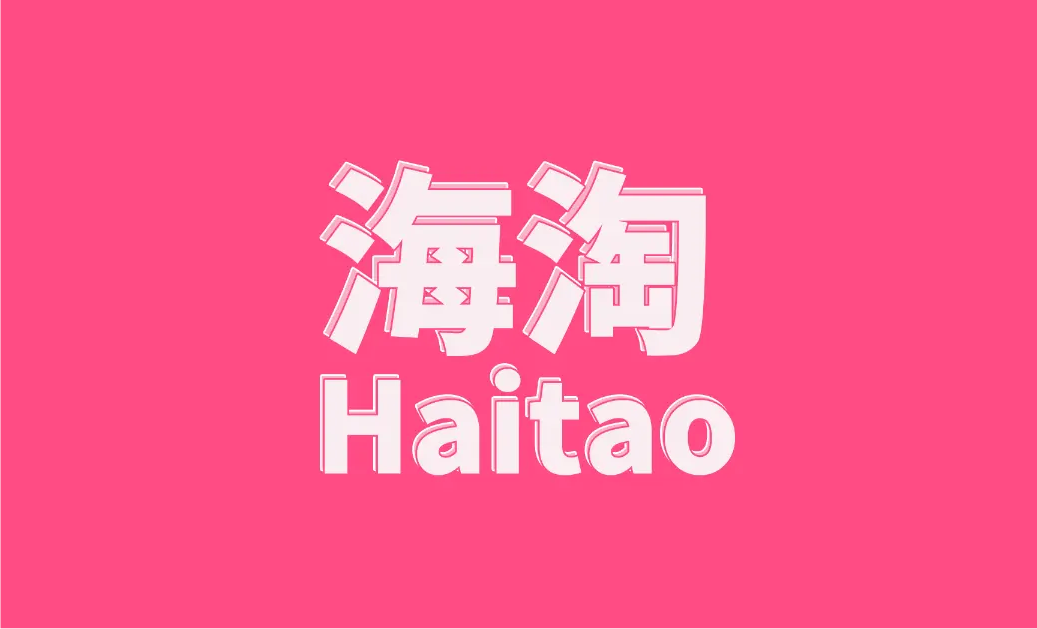The Coronavirus has hit many businesses hard around the world, and continues to be a concern as the disease spreads to more and more countries. But in China, the government has managed to get the situation mostly under control. While the situation is ongoing, we are now at a calm moment where we can take stock. And as we peer through the settling dust, one thing is abundantly clear - Chinese eCommerce hasn't just survived the Coronavirus, it has thrived.
Consumers Can Enjoy Restaurants and Go Shopping Safely From Their Homes
Being stuck at home in self-quarantine may be the recommended and responsible option for many people in major Chinese cities, but it comes with its own challenges. It isn't easy to stay upbeat and entertained when you can't go out and enjoy city life! But eCommerce has helped make it at least a little more bearable. Consumers have been able to enjoy dishes from their favorite restaurants and keep up their shopping habits. All of this without stepping foot outside! So when they started to get sick of their own cooking, the answer was right there on their phone. When they finished binging that TV show they always meant to watch but couldn't find time, it didn't end there. They could hop online and buy the T-shirt to prove their newfound fandom.
A delivery driver from popular service Meituan queues up to fulfill an online order
Popular consumer delivery service Meituan has reportedly added some 75,000 new delivery drivers with around 40% being for restaurant deliveries. Rival food delivery company Eleme, meanwhile, has seen 200,000 new restaurants sign up during the period. Data gathered from multiple platforms suggests that in Beijing over the Chinese New Year period, delivery food was ordered nine times more frequently than the previous year.
This boom in online sales of food also extends to restocking kitchens. JD.com reported that sales of rice and other grains in January was 20 times higher than the same period in 2019. Other online grocery stores such as Alibaba's Hema have also seen massive surges in sales. This has been seen as a timely revival to those who had seen it as a flagging business venture.
Platforms Are Providing Games, Promotions, and Messages of Hope
As consumers sit at home, looking to their phones for connection and entertainment, eCommerce platforms have been getting a bigger share of people's attention than ever before. Daily active user counts have surged, with grocery and general delivery retailer Jingdong Daojia reaching one million users. Competitors Hema and Dingdong Maicai have seen DAUs of 400,000. And with this newfound increase in attention, brands and platforms aren't just promoting their products. We're also seeing them try to entertain and comfort bored and anxious consumers.
China's most popular domestic cosmetics brand, Perfect Diary, has launched promotional games with real, virus-related prizes such as face-masks. These are integrated into the overwhelmingly popular WeChat social media app as Mini-Programs. These entertainment-focused promotions come alongside more traditional discounts and sales promotions tied into the ongoing crisis. Meanwhile, fashion brand ERDOS published "Love is the Cure", an article that tied into both Valentine's Day and virus anxieties. The piece provided a reassuring message as well as offering tie-in sales and promotions.
Ingredients for traditional Chinese hot pot, a popular social meal for families and friends, have seen a sales boost during the virus
Relevant Sectors See Increased Sales Interest
Platforms are reporting sales increases of products with a particular relevance to the Coronavirus and associated anxieties. Consumers are concerned about strengthening their immune systems, buying protective face masks, and gathering supplies in case the situation persists. We've already covered How the Coronavirus Is Affecting China's Health Supplements Industryhow the virus has affected the Health Supplements industry in China. Eleme's non-takeaway food merchants have reported that sales of mother & baby products, fresh food, hot pot ingredients, and pet supplies increased by 200% over Chinese New Year 2019.
Early social media chatter was full of worries about empty supermarket shelves (not unlike recent posts about toilet paper selling out in some US stores). This anxiety appears to have driven consumers online for products they consider essential or virus-relevant. Unlike a local supermarket shelf, users don't need to worry about physical stock at a nearby location. Instead, they can leave it to the seller to handle supply, and source from different locations if one supplier sells out. This small but important advantage of eCommerce has become crucial during these highly stressful times, reassuring consumers and relieving anxiety. And it's elements like these that have seen eCommerce thrive even as traditional businesses are facing tough times.














